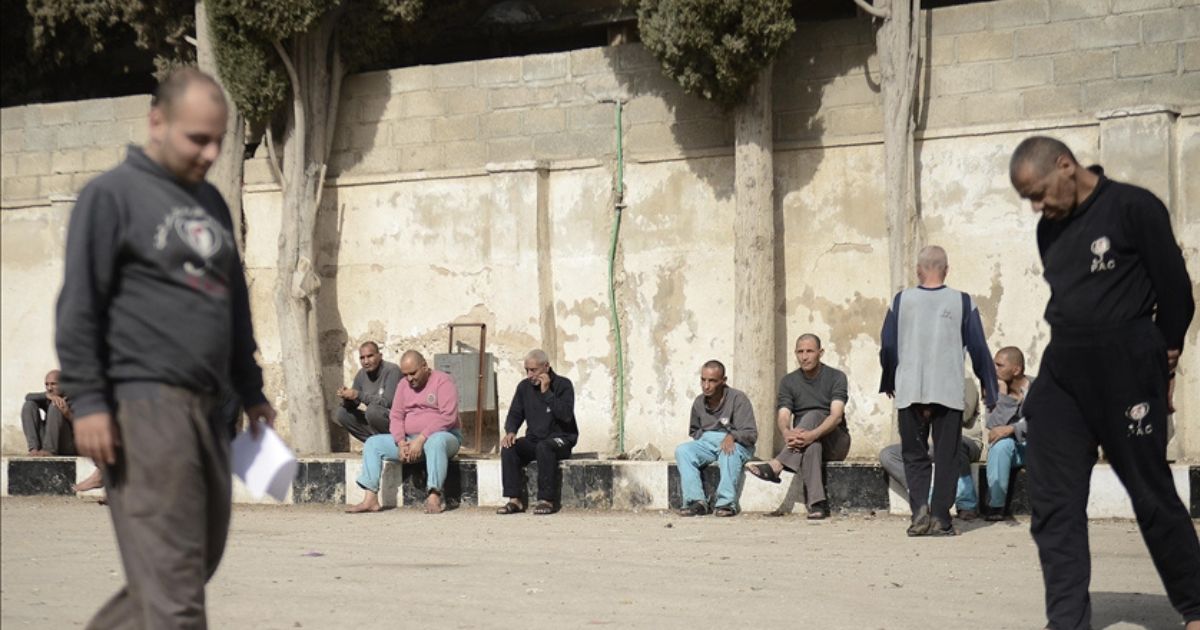A comprehensive global report on health and migration has highlighted the alarming prevalence of mental illness, with one in every eight people worldwide affected. According to the latest report, mental health challenges for refugees and migrants need to be discussed on every platform.
The “Global Evidence Review on Health and Migration” has shed light on the significant mental health burdens experienced by a substantial portion of the global population. With one in eight individuals grappling with mental illness, this revelation underscores the pressing need for enhanced mental health support and awareness on a global scale.
The report underscores the particular vulnerability of refugees and migrants in this context. These groups are often subjected to a multitude of stress factors and challenges, which can significantly exacerbate their risk of mental health issues.
The upheaval caused by forced displacement, separation from loved ones, and adapting to new environments can create a perfect storm for the onset of mental health challenges.
It’s essential to recognize that mental health issues can affect anyone, regardless of their background, nationality, or migration status. However, the report’s findings highlight the unique struggles faced by refugees and migrants, underscoring the urgent need for targeted mental health interventions to support these vulnerable populations.
Mental Health Challenges for Refugees and Migrants
The “Global Evidence Review on Health and Migration” provides a comprehensive analysis of the state of mental health among refugees and migrants. It highlights the following key points:
Prevalence of Mental Illness: The report reveals that one in every eight individuals globally is affected by mental illness. This statistic serves as a stark reminder of the pervasive nature of mental health issues and the scope of the challenge.
Vulnerability of Refugees and Migrants: Refugees and migrants face distinct challenges, including forced displacement, family separation, language barriers, and adapting to new cultural and social contexts. These unique stressors significantly increase their susceptibility to mental health issues.
Lack of Access to Mental Health Services: The report also emphasizes the limited access to mental health services that refugees and migrants often encounter. Language barriers, stigma, and inadequate mental health infrastructure can hinder their ability to seek and receive essential care.
Global Implications: The mental health of refugees and migrants is a global concern. With millions of individuals forcibly displaced from their homes due to conflict, persecution, or economic hardship, addressing their mental health needs is a matter of global importance.
In light of these findings, it is imperative to recognize the importance of mental health support for refugees and migrants. Providing access to culturally sensitive and accessible mental health services is a vital step in addressing the mental health challenges faced by these vulnerable populations.
Efforts to destigmatize mental health issues and raise awareness are equally crucial. By promoting a more compassionate and understanding approach to mental health, societies can create an environment where individuals, regardless of their migration status, feel empowered to seek the help they need.
The “Global Evidence Review on Health and Migration” serves as a wake-up call, drawing attention to the far-reaching mental health challenges faced by refugees, migrants, and the global population as a whole.
Addressing these issues requires a coordinated effort, both locally and on a global scale, to ensure that mental health support is accessible, responsive, and inclusive.
In conclusion, the global evidence review on health and migration has unveiled the prevalence of mental illness, with one in every eight people affected worldwide. Refugees and migrants are particularly vulnerable, exposed to multiple stressors and challenges that heighten their risk of mental health issues.
Recognizing and addressing the mental health needs of these vulnerable populations is a pressing global concern, emphasizing the need for accessible and culturally sensitive mental health support.


























